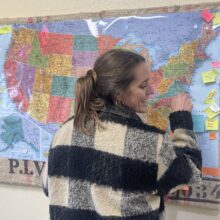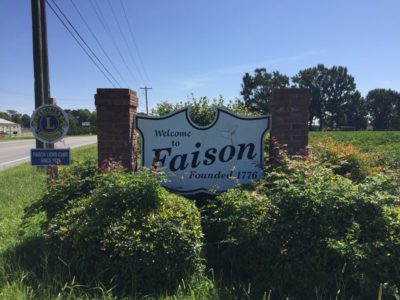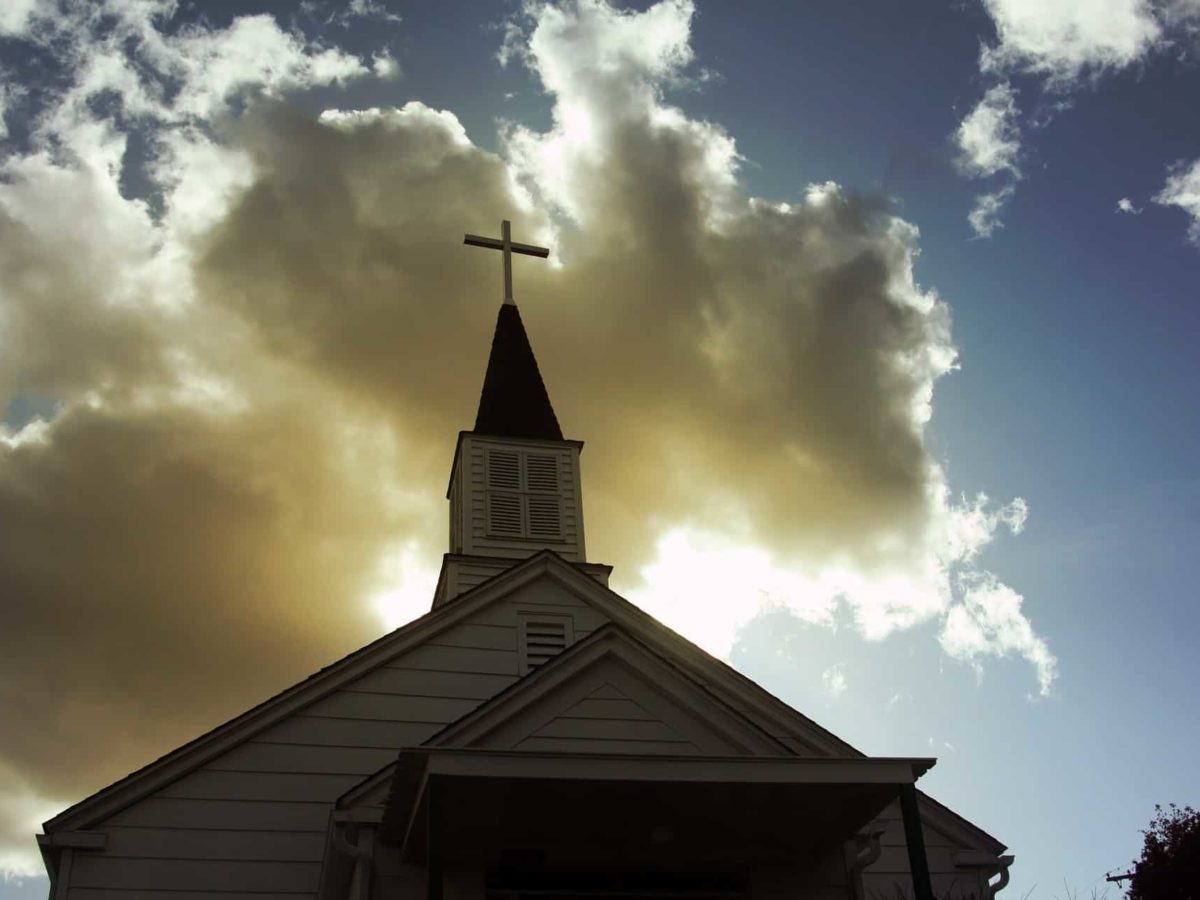

It was a chance encounter that Reverend Karen Easter Bayne met Deneen Gill at a NC Rural Center event last December. Bayne works for Wesley Community Development, an organization that helps churches develop or re-purpose real estate to best meet community needs, and Gill works for the Office of Rural Health within the North Carolina Department of Health and Human Services. In describing their work, they quickly discovered a mutual interest.
Gill was looking for spaces in rural North Carolina that could be used for any number of local health services. Among other things, Wesley Community Development is also the official property manager of the Western North Carolina Conference of the United Methodist Churches (WNCCUMC), which has 2,417 buildings.
While the two continued to discuss how church properties could serve multiple purposes in rural communities, the COVID-19 pandemic began. Now, some 1,100 active churches owned by the WNCCUMC are being surveyed to see how their spaces can be used beyond ministry in this time of need.
Joel Gilland, president of Wesley Community Development, says they are the connectors in this situation — directing resources to the people or organizations who need it most.
“We’re kind of a conductor orchestrating relationships between the churches and the health care folks,” he said.
In the time of COVID-19
How can churches be of service during a pandemic? Prior to the aforementioned survey being sent out, United Methodist Churches (UMC) were already acting as support systems for their communities.
Churches have bolstered their food ministries to make sure that people have access to groceries or hot meals. They have altered book bag buddy programs. They have worked with school districts to take on delivery of meals to families who do not have their own transportation.
Christ Boulevard UMC in Statesville is working with a local nursing home to provide child care space for health care workers. The blood donation mobile in Reidsville was too small to practice social distancing, so blood drives have been moved to a space at Woodmont UMC.
In an effort to make this practice of utilizing property easier and more wide spread, the WNCCUMC posted the survey to all districts. Wesley Community Development hopes this streamlines communication threads, so that more spaces can be used to positively impact communities.
Emergency service options on survey
- Location for a community blood donation drive
- Video or phone counseling to alleviate anxiety or respond to mental health needs
- Temporary site for COVID-19 testing, if needed
- Temporary shelter for homeless community members
- Child care location for healthcare workers’ children
- Over the counter medication giveaway (if the OTC meds are provided)
- Range of food distribution needs
- Land or parking lot to set up temporary hospital tent, if needed
Once the surveys are returned, Wesley Community Development plans to send results to the Department of Health and Human Services, who will then send to their local health provider contacts. Using this data, health departments can identify which counties have the ability to host emergency services, or those who are already doing so.
“For Wesley Community Development, this is simply in line with our mission, which is building communities of grace and hope.” — Rev. Karen Easter Bayne
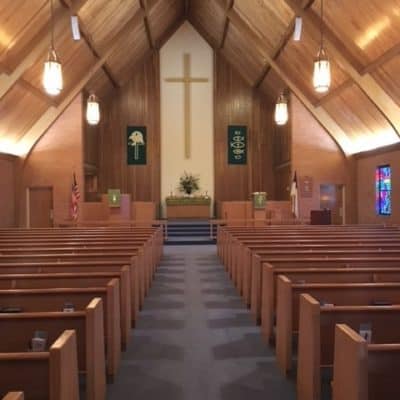

Wesley Community Development programs
Founded in 2002, Wesley Community Development is helping UMCs in the western conference think a little differently. They do this in a number of ways.
Bayne says, “We’re doing a lot of interesting and innovative things that are not only helping churches, but also helping the communities throughout the western half of the state.”
Seeds of Change is the organization’s program that is open to any Methodist church regardless of conference. Through workshops, Wesley Community Development partners with pastors and church leadership to identify how properties are used and to simultaneously explore the demographics and challenges of their communities.
The hope is to leave these meetings with ideas on how to share the United Methodist Church’s space with those in need and who are not necessarily part of the congregation. These ideas can boost local economies, provide extra space for nonprofits who need to expand, and much more.

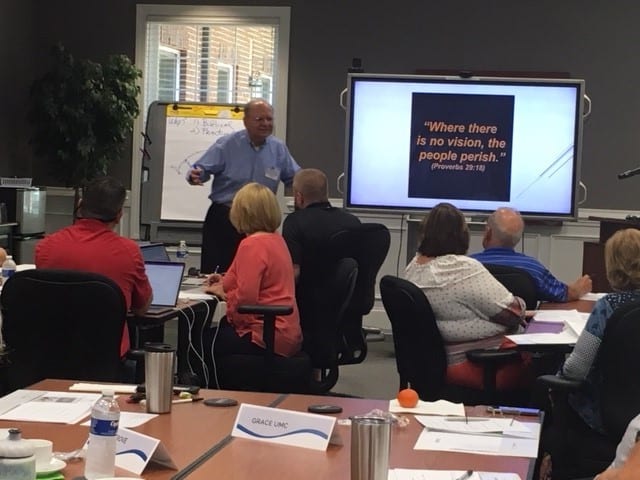
Dr. Lovett Weems presenting at Seeds of Change training in 2019. Courtesy of Wesley Community Development 
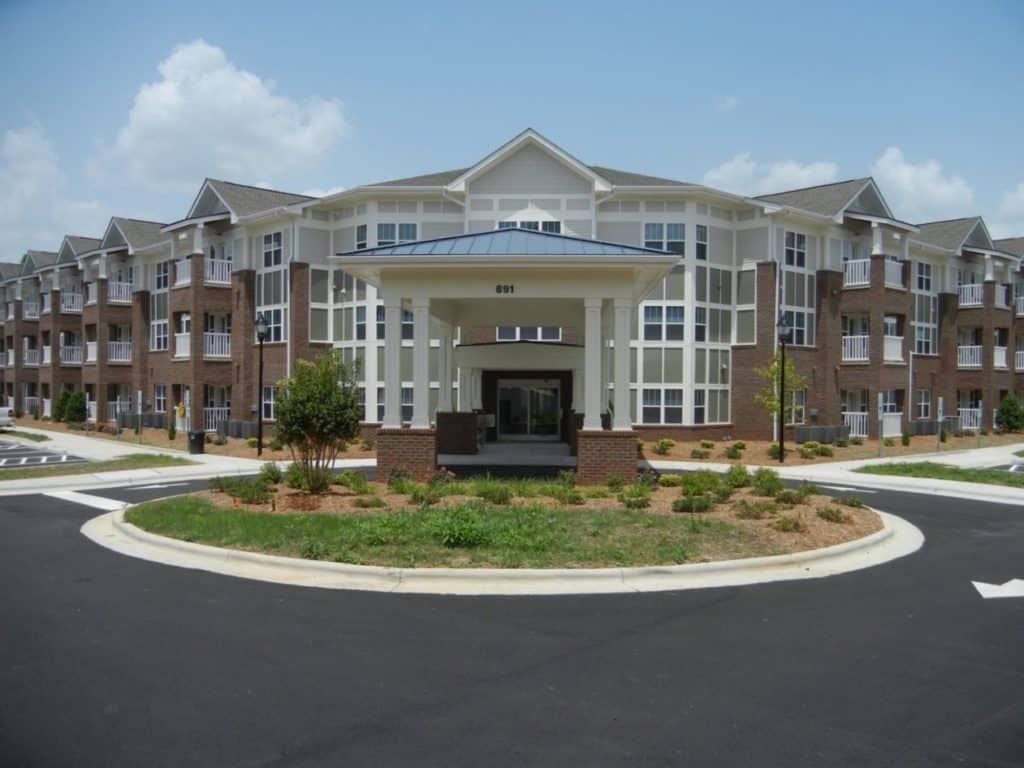
Arbor Glen in Lenoir, one of Wesley CDC’s affordable housing developments. Courtesy of Wesley Community Development 
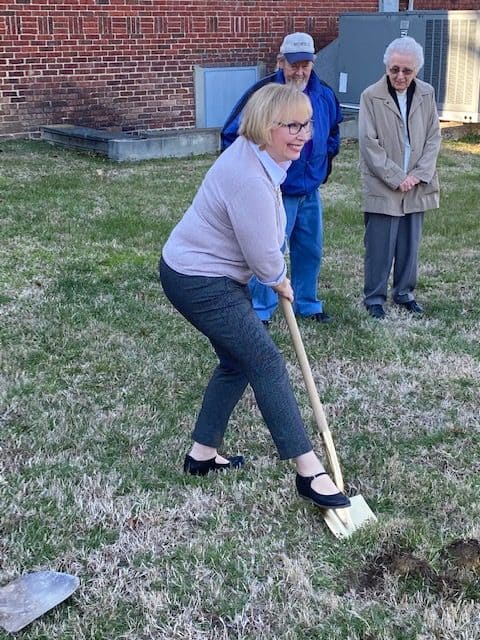
Groundbreaking for Richfield UMC’s renovation to house a new community food, outreach, and youth ministry. Courtesy of Wesley Community Development
Wesley Community Development is also tackling affordable housing. Prior to the COVID-19 pandemic, they had just opened two housing communities. In Kannapolis and Morrisville, they have added 168 new apartments for affordable housing and are in the process of leasing them out. They are just getting started on similar projects in Fayetteville and Charlotte.
For church properties that have closed, Wesley Community Development helps envision what the building could become. They work with city and county governments to acquire properties through donation or purchase. In Asheboro, they are working with a group of interested organizations and the First United Methodist Church to develop a new women and children’s shelter. It would be the first center of its kind in Randolph County.
In Charlotte, they are working on a master plan for a new development that will include affordable housing for senior adults and housing for UNC-Charlotte students who are looking to grow in their own spiritual life.
Wesley Community Development shines light upon the idea that churches serve as anchor institutions of their communities. Oftentimes, a church is the one community gathering place, especially in rural North Carolina. These institutions have a lot of space to offer and different ways to provide community ministries beyond their congregations.
As Gilland puts it, “We help your assets serve your mission and serve your ministry better.”
